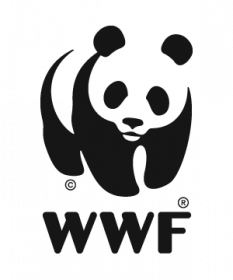World Wildlife Fund (WWF) Oceans program is hosting a joint position with the National Geographic Society (NGS) Geographic Visualization Lab to lead on coastal ecosystem spatial analyses. This position, which is based in Washington D.C., will provide analytic support to characterize (social and ecological) key coastal regions to prioritize appropriate conservation interventions with an emphasis on coral reefs and mangroves. It also will interface with a suite of initiatives and products related to the Allen Coral Atlas (“the Atlas”). The Atlas is developing cutting-edge technology to, for the first time, create an accurate mosaic view of coral reefs from high resolution and frequent satellite images of reefs, with the goal of enhancing reef conservation.
- Under the supervision of the Director of Marine Science of WWF, leads the planning, coordination, communication and implementation of program activities to integrate marine science into conservation planning and practice. Conducts research and analysis, provides technical assistance to WWF field programs, and develops and delivers capacity-building resources and activities.
- Working with the Director of Field Engagement at NGS, conducts research and analysis, provides technical assistance to verify the Atlas using field data, and develops and delivers capacity-building resources and activities.
- Communicates the nature and results of the work internally, to partner organizations, and other scientists through presentations, technical reports, and publications.
- Performs other duties as assigned.
- Position requires 3 - 5 years demonstrated experience and/or education in marine ecology and/or conservation, and/or data science, spatial analysis, and machine learning.
- Experience in coral reef ecosystems and working internationally and with coalitions and diverse and matrixed teams preferred.
- Excellent research and writing skills, with the ability to communicate to a variety of audiences
- Strong spatial analytic skills
- Excellent organizational skills
- Working knowledge of GIS, python, and R. Familiarity with remote sensing and GIS, data visualization technology and approaches, digital integration, machine learning algorithms, and others.
- Experience in tropical coastal ecosystem processes, conservation planning; social science is desirable. Familiarity with coral reef ecology, conservation or protected area management, and policy making.
- Excellent interpersonal and collaboration skills and good cross-cultural sensitivity, with ability to work with individuals in other countries and across organizations. Experience working in international developing country contexts preferred.
- Strong project management skills. Ability to manage multiple diverse work streams with attention to detail while balancing competing priorities, meeting deadlines and delivering quality results.
- Must be elgible to work in the U.S.
- Fluent English; additional language skills a plus
